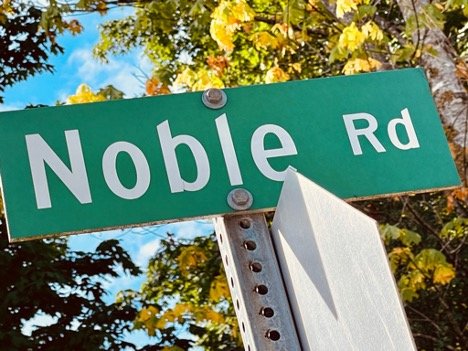TERRIFIC TITLEs AND SUBTITLEs: CAN You MAKE UP A NEW WORD?
No, you do not want to make up a title whose words are not in the dictionary. Stick with real words that clearly convey your book’s subject matter and benefit for readers (more on that shortly).
I am frequently asked why you can’t make up a catchy new word for a book title like the authors of Freakonomics did years ago. The story behind the Freakonomics title is famous in publishing circles but not one readily repeated. The authors, Steve Levitt and Stephen Dubner, had been given a big advance for their seminal work and felt pressure to come up with a great title. Levitt gave the manuscript to his sister and asked her to create an “imaginative name.” Apparently, the minute she was done reading the pages, “Freakonomics” came to mind. Levitt thought it was brilliant, but his publisher—and, importantly, the sales team—did not agree. They hated it. Other title ideas were tossed around but nothing stood out. Levitt and Dubner rallied for “Freakonomics” and eventually the publisher caved, took the risk, and the rest is history. But leave that one for the history books and avoid making words up for a title.
And here’s the secret to catchy titles and subtitles: Create titles and subtitles that tell readers what the book is about. If you get overly creative with your title to the point it’s not totally obvious what exactly the book is about (e.g., Good Energy), then you must clarify the book’s central theme and chief takeaway in the subtitle, bringing in the solution to the problem you’re solving (e.g., Good Energy: The Surprising Connection Between Metabolism and Limitless Health).
Titles offer a promise and draw readers in by igniting intrigue and can hint vaguely at what the book is about, and subtitles complete the package to articulate more descriptively why they need to read the book and precisely what they will get out of it. Aim to make your title-subtitle package original (with real words that are not vague or overly complex), memorable (short, direct), and metadata-friendly (i.e., choose words that will help connect your content with people searching for it online; if you’re writing a book about the secrets to successful startups, for instance, the key word “startup” or “entrepreneur” should probably be somewhere in your title or sub). Alliteration and wordplays are fine so long as they don’t become confusing, unclear, or irrelevant to the book’s content. AI-powered writing assistants can now help you with crafting titles and subtitles, but no matter how you come up with your package, test them out on potential readers. And be willing to change if your grand package is voted out.
Credit: Photo by Nathan Dumlao on Unsplash
